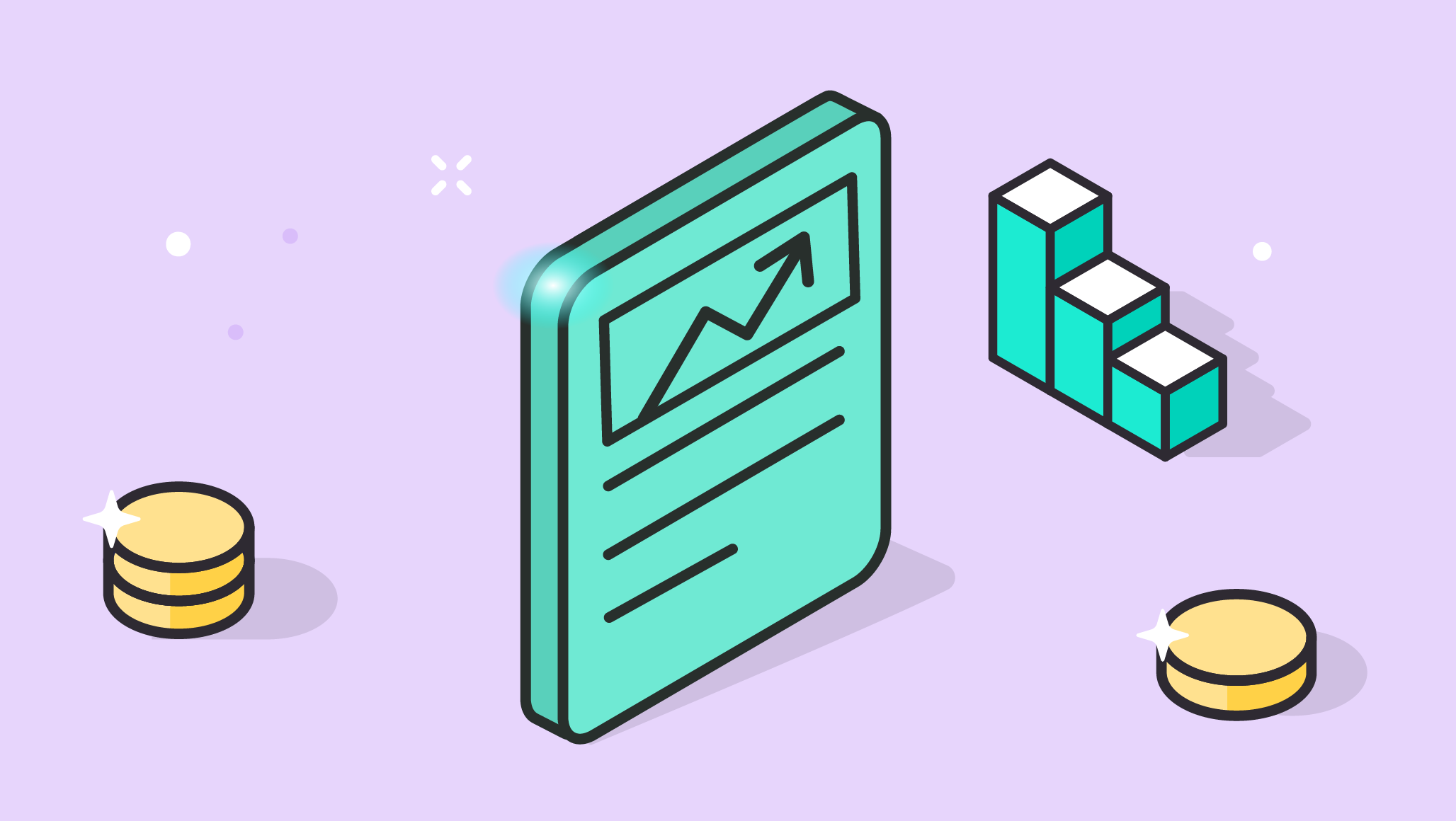- Share.Market
- 5 min read
- 20 Nov 2024
Feeling Buried by Bills? Here’s how to breathe easy and ditch debt for good.
Debt – it’s a four-letter word that can send shivers down anyone’s spine. Whether it’s credit card bills piling up, student loans looming large, or even a mortgage payment causing anxiety, debt can feel like a heavy weight on your shoulders.
But what if we told you that freedom from that burden is within reach? Imagine a life free from financial stress, where you can finally chase your dreams and achieve true peace of mind. That’s the power of getting out of debt.
In this blog, let’s explore how to pay off debt with practical strategies, expert tips, and insightful advice to help you pave the way toward financial freedom.
How to Pay Off Debt?
Here are some effective strategies to avoid getting into a debt trap. These tips to avoid debt are incredibly beneficial for safeguarding your financial well-being and preventing debt accumulation.
- Create a Budget: Create a detailed budget outlining your income, expenses, and debt obligations. Allocate a portion of your income towards debt repayment while covering essential costs. Utilize budgeting tools or apps to track spending and identify areas where expenses can be reduced to save more money for debt repayment. This proactive approach is critical to effectively managing your finances and avoiding unnecessary debt. (Read More on Budgeting)
- Prioritize High-Interest Debt: Focus on tackling high-interest debt first, such as credit card balances, as they accrue the most interest over time. Utilize proven methods like the debt snowball approach to prioritize your debts based on higher interest rates or balances. Targeting high-interest debt early on can minimize interest payments and expedite your debt-free journey.
- Increase Income Streams: Explore opportunities to increase your income through part-time work, freelancing, or starting a side hustle. Supplementing your primary income with additional revenue streams can provide extra funds to allocate towards debt repayment. This proactive approach accelerates debt repayment progress and enhances financial stability and resilience.
- Negotiate Lower Interest Rates: Take proactive steps to negotiate lower interest rates with your creditors, especially on existing debts. Lower interest rates can significantly reduce the total amount paid over time, making it easier to pay off debt. Effective communication and demonstrating a commitment to repayment often result in favorable negotiations with creditors.
- Utilize Balance Transfer or Debt Consolidation: Consider leveraging balance transfer offers or debt consolidation options to streamline your debt repayment process. Transferring high-interest credit card balances to a card with a lower interest rate or consolidating multiple debts into a single loan can simplify repayment and reduce monthly payments. Carefully assess the terms and fees of these options to ensure they align with your financial goals.
- Cut Expenses: Identify areas where expenses can be reduced to save more money for debt repayment. This may involve cutting discretionary spending, renegotiating subscriptions or service contracts, or implementing cost-saving measures in daily expenses. By prioritizing needs over wants and adopting a frugal mindset, you can redirect funds toward debt repayment and avoid accumulating additional debt.
- Build an Emergency Fund: Establishing an emergency fund is essential for safeguarding against unforeseen expenses and avoiding debt in the future. Aim to save three to six months’ living expenses in an easily accessible savings account. A financial safety net enables you to cover unexpected emergencies without using credit cards or loans, thereby preventing further debt accumulation.
- Educate Yourself on Financial Literacy: Invest time in educating yourself on financial literacy and money management principles. Understand how debt works, and learn about budgeting, saving, investing, and responsible borrowing. By equipping yourself with financial knowledge and skills, you can make informed decisions that support your long-term financial well-being and minimize the risk of falling into debt traps.
Read More on How to Overcome Debt
Conclusion
To stay away from debt, being cautious with your money is essential. First, make a budget that covers your needs and lets you save some money. Then, spend only what you earn, and avoid buying things you don’t need. Save up for emergencies so you don’t have to rely on borrowing money. Pay off the total monthly balance using credit cards to avoid extra charges.
Keep an eye on your finances regularly and adjust your plans if needed. If you owe money, focus on paying off the high-interest debts first. And remember to learn more about managing money wisely. Now you know how to pay off debt smartly to ensure a financially happy life
FAQs
Overspending on non-essentials, relying too heavily on credit cards, and neglecting to build an emergency fund are common pitfalls to avoid
Implement a waiting period before making non-essential purchases, create shopping lists, and prioritise needs over wants to resist impulse buying
Set aside a portion of your income regularly into a separate savings account until you reach your desired emergency fund goal, typically 3-6 months’ worth of living expenses.
It’s recommended to review your finances monthly to track spending, adjust your budget as needed, and monitor progress toward financial goals.
Start by creating a repayment plan, prioritizing high-interest debts first. Consider consolidating debts or seeking assistance from a financial advisor.
